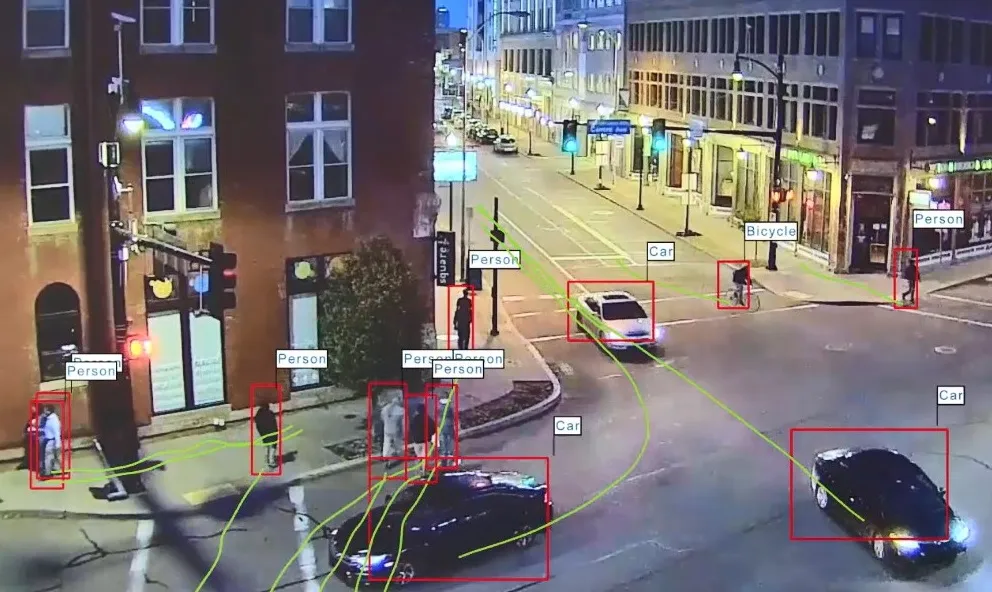Camera-based driving assistance systems supplier Mobileye and Valeo have joined forces to combine Mobileye's EyeQ family of microprocessors and computer vision algorithms with Valeo's driving assistance sensor portfolio. Under the cooperation agreement, Valeo, which develops driving assistance systems, will design and industrialise a range of front-facing camera solutions and sensor fusion products using Mobileye's EyeQ family of microprocessors and computer vision algorithms. The product portfolio will inc
March 12, 2015
Read time: 1 min
RSSCamera-based driving assistance systems supplier 4279 Mobileye and 8036 Valeo have joined forces to combine Mobileye's EyeQ family of microprocessors and computer vision algorithms with Valeo's driving assistance sensor portfolio.
Under the cooperation agreement, Valeo, which develops driving assistance systems, will design and industrialise a range of front-facing camera solutions and sensor fusion products using Mobileye's EyeQ family of microprocessors and computer vision algorithms. The product portfolio will include monocular cameras for active safety applications to satisfy regulatory requirements for collision avoidance, fusion with non-scanning LED, fusion with radar and trifocal camera configurations for high-end customer functions.
The product offering will be designed for scalability and is expected to run on a single Mobileye EyeQx system-on-chip. During the term of the agreement, the front-facing camera technology offered by Valeo will be based solely on Mobileye's EyeQ family of microprocessors and computer vision algorithms.
Under the cooperation agreement, Valeo, which develops driving assistance systems, will design and industrialise a range of front-facing camera solutions and sensor fusion products using Mobileye's EyeQ family of microprocessors and computer vision algorithms. The product portfolio will include monocular cameras for active safety applications to satisfy regulatory requirements for collision avoidance, fusion with non-scanning LED, fusion with radar and trifocal camera configurations for high-end customer functions.
The product offering will be designed for scalability and is expected to run on a single Mobileye EyeQx system-on-chip. During the term of the agreement, the front-facing camera technology offered by Valeo will be based solely on Mobileye's EyeQ family of microprocessors and computer vision algorithms.








